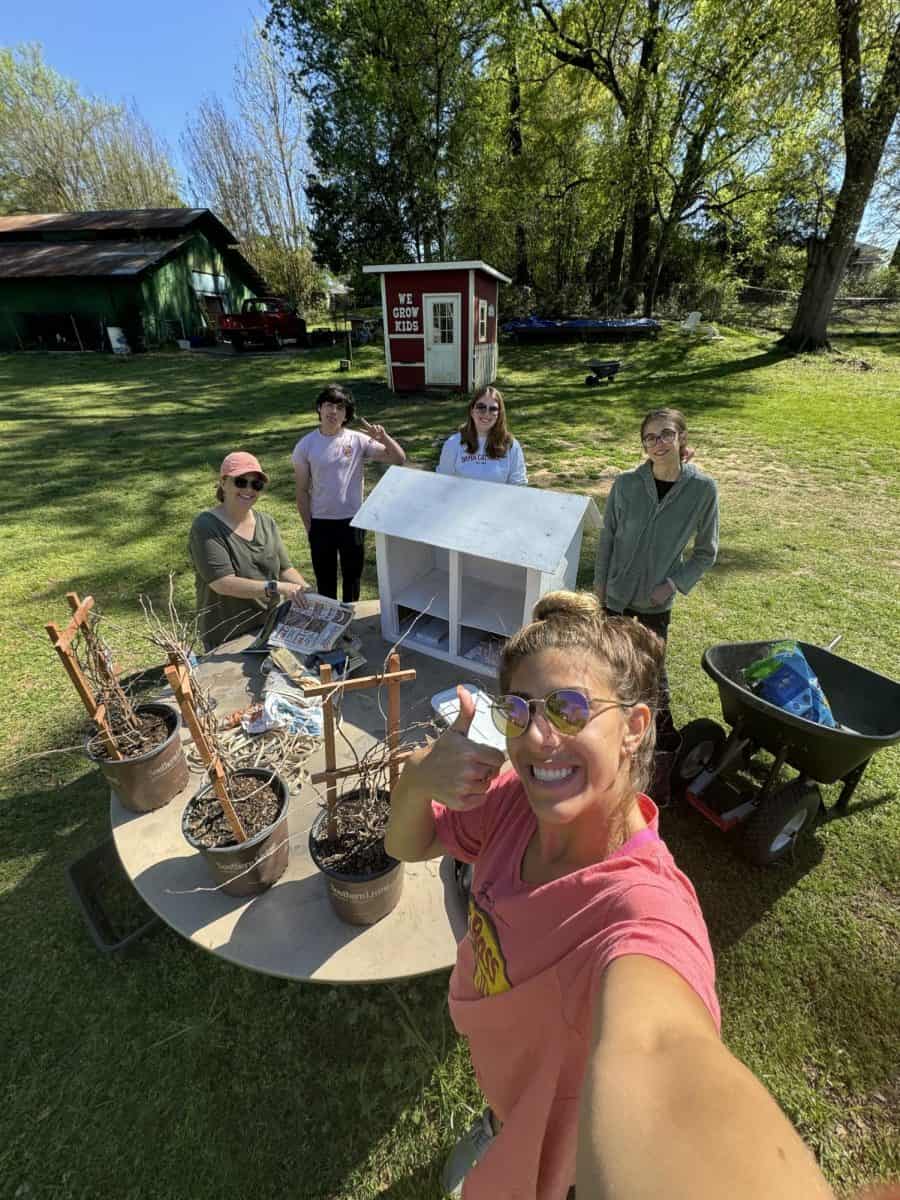Bama Dining has found a way to reuse leftover salad greens to benefit the University of Alabama Arboretum.
At the end of each day, Bama Dining gathers all of its unusable waste and ships it off to the arboretum, where it is mixed with the leaves and plant matter produced there and left to compost. The compost is primarily used by the arboretum, but the public can also purchase the rich soil.
“The arboretum has used the [old golf course space] for plant sales and the compost pile. The majority of the compost gets used at the arboretum, but any leftovers they sell in the spring,” Monica Watkins, the new Arboretum director, said.
(See also “City, University provide recycling services to students“)
According to the Bama Dining website, this initiative keeps 4,000 pounds of food waste out of landfills. The only type of food that is composted is “green matter,” or vegetables and fruit peels.
“We have very little usable waste at the end of the day due to our production process. Food that is left over can, at times, be used to create different menu items. Food that is out of date is thrown out, per safety standards,” Bruce McVeigh, Bama Dining’s general manager, said.
Although several universities around the country have programs for donating their unused food to charities, Faust said not enough usable food is left for them to donate.
(See also “Students help Secret Meals program, aid students“)
Kelsey Faust, marketing manager for Bama Dining, said students can do their part to help reduce the University’s environmental footprint. While using the recycling bins around campus is one way to keep campus green, there are other ways, as well.
“Create less waste and only take what [the students] can eat. Too many times students throw away whole meals because they grab more than they can eat in one sitting,” Faust said.
She said students can also work to reduce their non-food waste.
“Students can utilize the reusable to-go boxes instead of Styrofoam,” Faust said. “Styrofoam cannot be recycled and is horrible for the earth. In fact, beginning Fall 2014, all dining halls will be Styrofoam-free, and only the reusable boxes will be used for to-go meals.”
(See also “Alabama committed to reducing annual energy use“)






